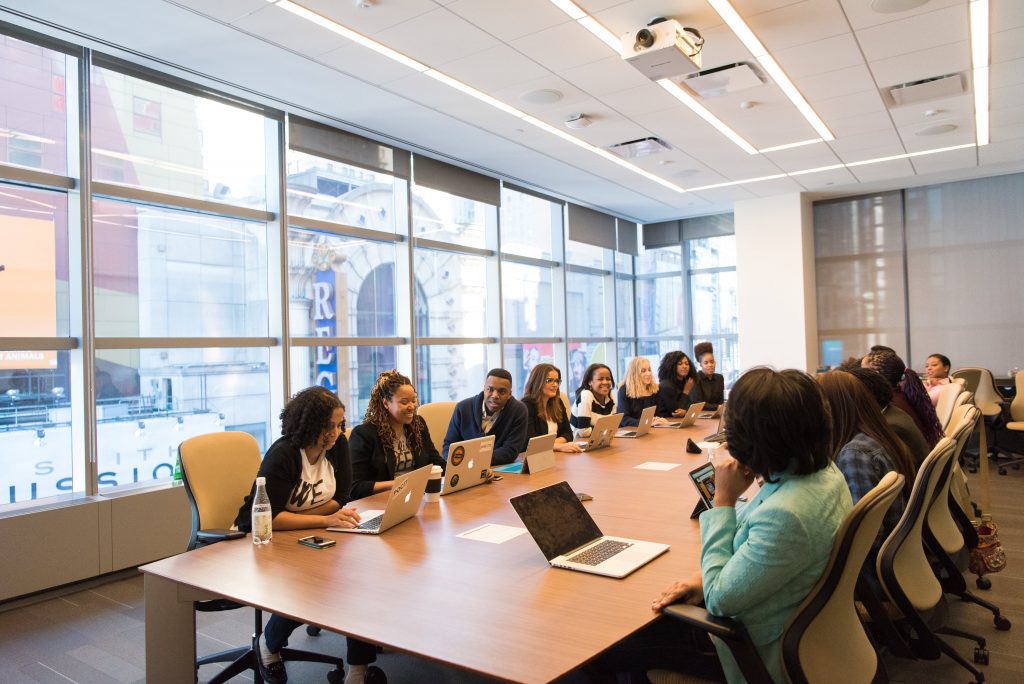
The Jean-Monnet Chair for European Politics at the University of Passau organised the “EUCON Workshop for Young Researchers on Trends, Challenges and Drivers in Economic Integration – The Future of the EU’s Relation to the Eastern Partnership” in Vienna on the 11th and 12th of October.
The EUCON Workshop for Young Researchers connected students with decision-makers, experts, and business-representatives to discuss the political and economic potential of intensified cooperation or regional integration in the Southern Caucasus and Central Asia. The changing geopolitical landscape in the region after the attack of Russia against Ukraine as well as the membership perspectives for Moldova and Ukraine and maybe soon Georgia, make a restructuring of the EU’s policy towards the region necessary.
Florence Ertel and Julian Plottka from the University of Passau set the scene by pointing out the need for a new European foreign policy strategy for the region. The participants addressed these questions throughout the two days: In which environment will the EU’s future relations with the Eastern neighbourhood take place? What are the opportunities and risks of deepening political and economic integration in the region? Which global and regional actors remain relevant, while Russia loses its influence in the region? Prof. Dr. Daniel Göler and Dr. Oxana Karnaukhova of the EUCON team at the University of Passau compared different models of regional integration. Dr. Albert Hayrapetyan of the Armenian State University of Economics addressed specifically the potential of the region for companies.
In cooperation with the “Multilateraler Dialog der Konrad-Adenauer-Stiftung“ in Vienna, the EUCON Young Researchers Workshop organized two closed door sessions with researchers, business representatives and decisions-makers from Europe and the Eastern European neighborhood to discuss the prospects of the EU policy for the region under Chatham House rules. In the evening, a public round table on “The future of the EU Policy towards the Southern Caucasus and Central Asia” welcomed additional guests: Dr. Filippo Costa Buranelli, Associate Professor at the University of St. Andrews, discussed the pros and cons of integration the EU’s Central Asia Policy into a reformed Eastern Partnership. Prof. Dr. Ghia Nodia, Director of the International School of Caucasus Studies at the Ilia State University in Tbilisi, shed light on the Georgian perspective of becoming a candidate country for EU membership.
